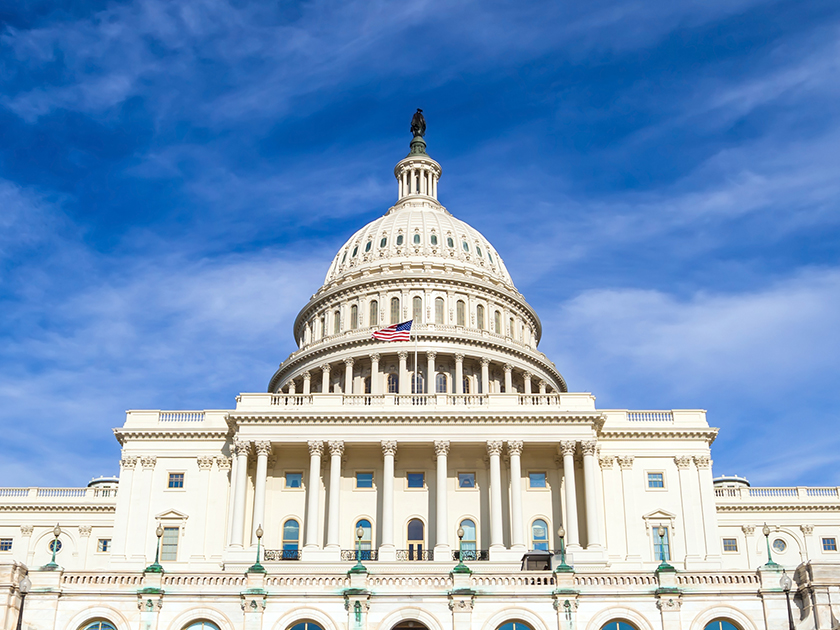This issue of Policy and Practice offers strategies to address key aspects of managing controversial speakers and demonstrations on college and university campuses. Further, it provides ideas and examples for challenging divisive speech when appropriate; that is, engaging such speech as an opportunity for reflection and action in order to uphold the values and promote the intellectual vitality of our campus communities.
In addition to the architecture of federal law, court interpretation, and published best practices in the field, interviews with five vice presidents for student affairs who managed their campus’s planning for and responses to controversial speakers and demonstrations following the 2016 presidential election guided the development of this brief. Their campuses range from midsize to large public and private colleges and universities in rural and urban settings. The identity of each participant has been kept confidential, given the sensitive subject matter and their leadership roles on campus. However, additional examples were obtained from publicly available news articles and scholarly literature.
Several limitations are worth noting for this brief. Five leading professionals were interviewed about the strategies and practices employed to manage controversial speakers or demonstrations on their campuses. However, this brief was not developed under the presumption that the practices employed by those interviewed will work effectively across institutions regardless of sector, size, political climate, and campus culture, to name a few factors that may nuance one campus’s approach versus another. This publication is a guidepost for discussion and consideration for professionals who are tasked with leading and managing institutional planning for and response to controversial speech and demonstrations on campus.
Another important limitation to note is that only a few forms of divisive speech and demonstration are addressed in this brief; notably, campus planning for and responses to anticipated speakers and protests with a physical presence on campus. The brief does not explore controversial speech and demonstration in which the borders are not bound to a physical space, such as those that may occur via social media, or forms of speech or demonstration that occur without notice. Additional inquiry is needed to address the issues and considerations in planning for and responding to these and other forms of controversial speech.
This brief should be used to support, but not replace, the necessary conversations with senior leaders, attorneys, campus safety and facilities personnel, and others who must be involved in planning for and responding to controversial speakers and events. Upholding free speech is a necessary, but sometimes complicated, task for leaders in higher education. This brief serves as a resource to help inform discussion among campus leadership teams that must carefully consider the factors that ensure their campus’s policies and practices protect free speech rights and uphold the integrity of their mission and values.
